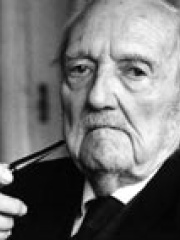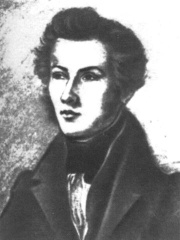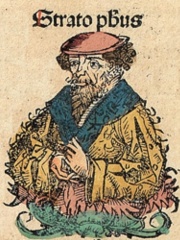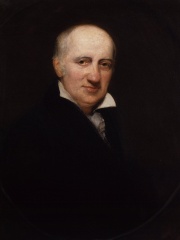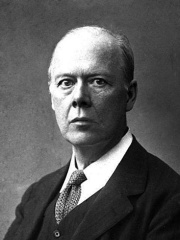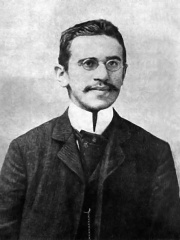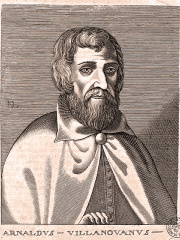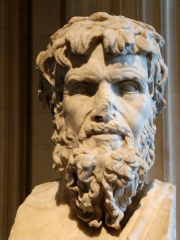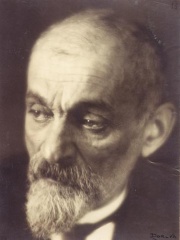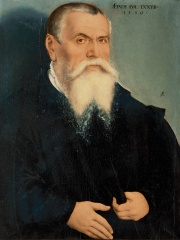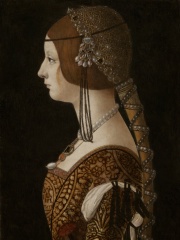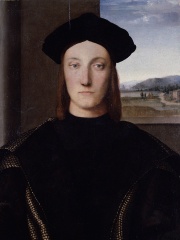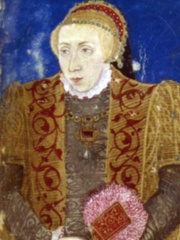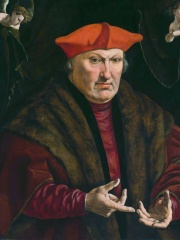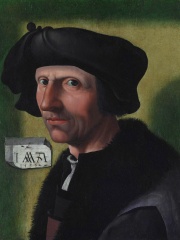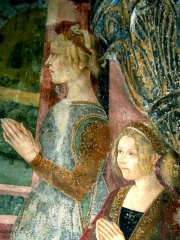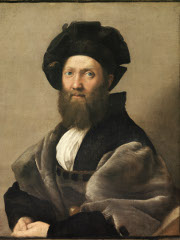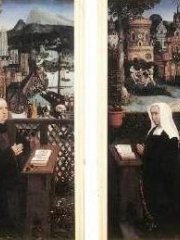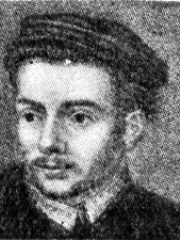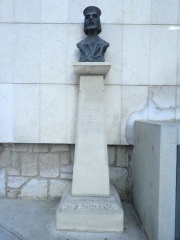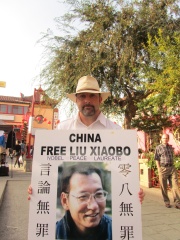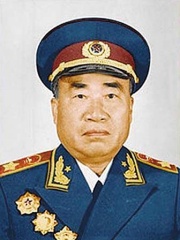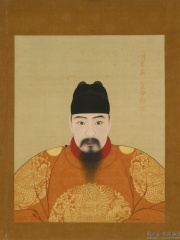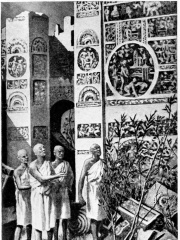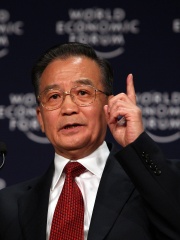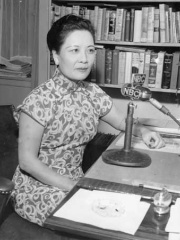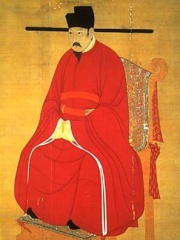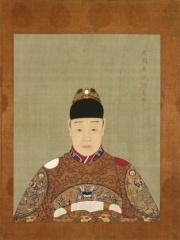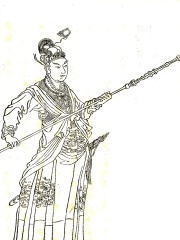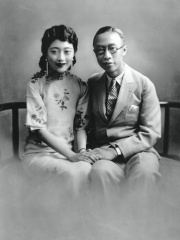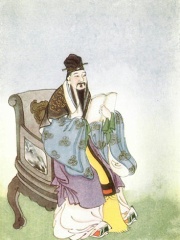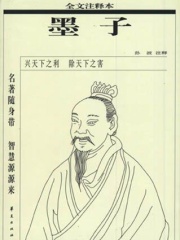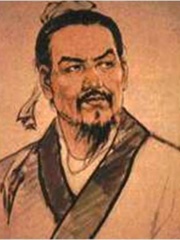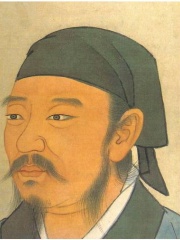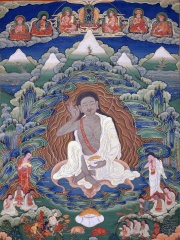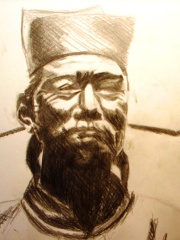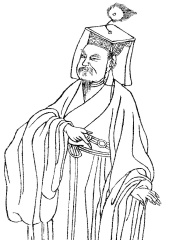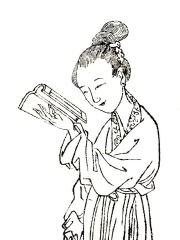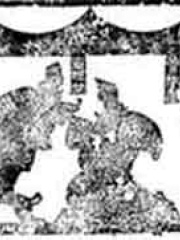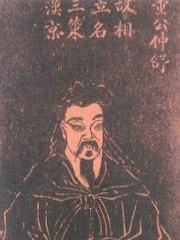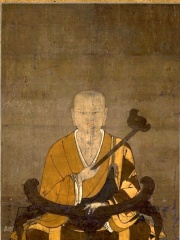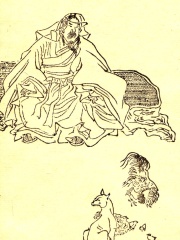Philosopher
Wang Yangming
1472 - 1529
EN.WIKIPEDIA PAGE VIEWS (PV)
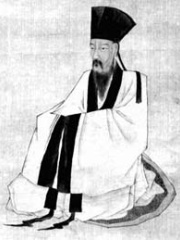
 Wang Yangming
Wang Yangming
His biography is available in 40 different languages on Wikipedia. Wang Yangming is the 299th most popular philosopher (up from 331st in 2024), the 160th most popular biography from China (up from 208th in 2019) and the 12th most popular Chinese Philosopher.
Wang Yangming is most famous for his philosophy of the unity of knowledge and action. He believed that knowledge and action are one and the same, and that the mind is the source of all knowledge.
Memorability Metrics
Page views of Wang Yangming by language
Among Philosophers
Among philosophers, Wang Yangming ranks 299 out of 1,267. Before him are Miskawayh, Rudolf Bultmann, Bruno Bauer, Strato of Lampsacus, Heraclides Ponticus, and William Godwin. After him are Houston Stewart Chamberlain, Otto Weininger, Guy Debord, Arnaldus de Villa Nova, Celsus, and Lev Shestov.
Most Popular Philosophers in Wikipedia
Go to all RankingsMiskawayh
932 - 1030
HPI: 70.88
Rank: 293
Rudolf Bultmann
1884 - 1976
HPI: 70.87
Rank: 294
Bruno Bauer
1809 - 1882
HPI: 70.86
Rank: 295
Strato of Lampsacus
335 BC - 269 BC
HPI: 70.83
Rank: 296
Heraclides Ponticus
385 BC - 322 BC
HPI: 70.81
Rank: 297
William Godwin
1756 - 1836
HPI: 70.80
Rank: 298
Wang Yangming
1472 - 1529
HPI: 70.74
Rank: 299
Houston Stewart Chamberlain
1855 - 1927
HPI: 70.73
Rank: 300
Otto Weininger
1880 - 1903
HPI: 70.72
Rank: 301
Guy Debord
1931 - 1994
HPI: 70.72
Rank: 302
Arnaldus de Villa Nova
1240 - 1311
HPI: 70.69
Rank: 303
Celsus
200 - Present
HPI: 70.69
Rank: 304
Lev Shestov
1866 - 1938
HPI: 70.68
Rank: 305
Contemporaries
Among people born in 1472, Wang Yangming ranks 5. Before him are Lucas Cranach the Elder, Piero the Unfortunate, Fra Bartolomeo, and Bianca Maria Sforza. After him are Guidobaldo da Montefeltro, Simon of Trent, Marie of Luxembourg, Countess of Vendôme, Érard de la Marck, Jacob Cornelisz van Oostsanen, Blanche of Montferrat, and Anne de Mowbray, 8th Countess of Norfolk. Among people deceased in 1529, Wang Yangming ranks 2. Before him is Baldassare Castiglione. After him are La Malinche, Andrea Sansovino, Jan Provoost, John Skelton, Juan del Encina, and Álvaro de Saavedra Cerón.
Others Born in 1472
Go to all RankingsLucas Cranach the Elder
PAINTER
1472 - 1553
HPI: 78.79
Rank: 1
Piero the Unfortunate
NOBLEMAN
1472 - 1503
HPI: 73.81
Rank: 2
Fra Bartolomeo
PAINTER
1472 - 1517
HPI: 72.87
Rank: 3
Bianca Maria Sforza
COMPANION
1472 - 1510
HPI: 72.74
Rank: 4
Wang Yangming
PHILOSOPHER
1472 - 1529
HPI: 70.74
Rank: 5
Guidobaldo da Montefeltro
POLITICIAN
1472 - 1508
HPI: 64.04
Rank: 6
Simon of Trent
RELIGIOUS FIGURE
1472 - 1475
HPI: 63.76
Rank: 7
Marie of Luxembourg, Countess of Vendôme
COMPANION
1472 - 1547
HPI: 63.64
Rank: 8
Érard de la Marck
RELIGIOUS FIGURE
1472 - 1538
HPI: 61.10
Rank: 9
Jacob Cornelisz van Oostsanen
PAINTER
1472 - 1533
HPI: 59.50
Rank: 10
Blanche of Montferrat
POLITICIAN
1472 - 1519
HPI: 59.19
Rank: 11
Anne de Mowbray, 8th Countess of Norfolk
NOBLEMAN
1472 - 1481
HPI: 56.08
Rank: 12
Others Deceased in 1529
Go to all RankingsBaldassare Castiglione
WRITER
1478 - 1529
HPI: 73.29
Rank: 1
Wang Yangming
PHILOSOPHER
1472 - 1529
HPI: 70.74
Rank: 2
La Malinche
POLITICIAN
1502 - 1529
HPI: 69.65
Rank: 3
Andrea Sansovino
SCULPTOR
1467 - 1529
HPI: 63.83
Rank: 4
Jan Provoost
PAINTER
1465 - 1529
HPI: 63.21
Rank: 5
John Skelton
WRITER
1460 - 1529
HPI: 62.55
Rank: 6
Juan del Encina
WRITER
1468 - 1529
HPI: 61.96
Rank: 7
Álvaro de Saavedra Cerón
EXPLORER
1500 - 1529
HPI: 59.51
Rank: 8
In China
Among people born in China, Wang Yangming ranks 160 out of NaN. Before him are Liu Xiaobo (1955), Zhu De (1886), Hongzhi Emperor (1470), Faxian (340), Wen Jiabao (1942), and Soong Mei-ling (1897). After him are Emperor Renzong of Song (1010), Tianqi Emperor (1605), Han Xin (-231), Empress Wanrong (1906), Zhang Yimou (1950), and Kaidu (1230).
Others born in China
Go to all RankingsLiu Xiaobo
SOCIAL ACTIVIST
1955 - 2017
HPI: 70.93
Rank: 154
Zhu De
POLITICIAN
1886 - 1976
HPI: 70.91
Rank: 155
Hongzhi Emperor
POLITICIAN
1470 - 1505
HPI: 70.82
Rank: 156
Faxian
WRITER
340 - 418
HPI: 70.81
Rank: 157
Wen Jiabao
POLITICIAN
1942 - Present
HPI: 70.76
Rank: 158
Soong Mei-ling
POLITICIAN
1897 - 2003
HPI: 70.75
Rank: 159
Wang Yangming
PHILOSOPHER
1472 - 1529
HPI: 70.74
Rank: 160
Emperor Renzong of Song
POLITICIAN
1010 - 1063
HPI: 70.71
Rank: 161
Tianqi Emperor
POLITICIAN
1605 - 1627
HPI: 70.71
Rank: 162
Han Xin
MILITARY PERSONNEL
231 BC - 196 BC
HPI: 70.69
Rank: 163
Empress Wanrong
POLITICIAN
1906 - 1946
HPI: 70.68
Rank: 164
Zhang Yimou
FILM DIRECTOR
1950 - Present
HPI: 70.63
Rank: 165
Kaidu
POLITICIAN
1230 - 1301
HPI: 70.61
Rank: 166
Among Philosophers In China
Among philosophers born in China, Wang Yangming ranks 12. Before him are Mencius (-372), Mozi (-470), Han Fei (-280), Xun Kuang (-313), Milarepa (1052), and Shen Kuo (1031). After him are Han Yu (768), Ban Zhao (45), Guan Zhong (-720), Dong Zhongshu (-179), Zhiyi (538), and Ge Hong (284).
Mencius
372 BC - 289 BC
HPI: 79.37
Rank: 6
Mozi
470 BC - 391 BC
HPI: 76.56
Rank: 7
Han Fei
280 BC - 232 BC
HPI: 75.88
Rank: 8
Xun Kuang
313 BC - 238 BC
HPI: 75.28
Rank: 9
Milarepa
1052 - 1135
HPI: 72.51
Rank: 10
Shen Kuo
1031 - 1095
HPI: 72.33
Rank: 11
Wang Yangming
1472 - 1529
HPI: 70.74
Rank: 12
Han Yu
768 - 824
HPI: 69.83
Rank: 13
Ban Zhao
45 - 115
HPI: 68.55
Rank: 14
Guan Zhong
720 BC - 645 BC
HPI: 68.47
Rank: 15
Dong Zhongshu
179 BC - 104 BC
HPI: 67.73
Rank: 16
Zhiyi
538 - 597
HPI: 67.35
Rank: 17
Ge Hong
284 - 364
HPI: 67.24
Rank: 18

